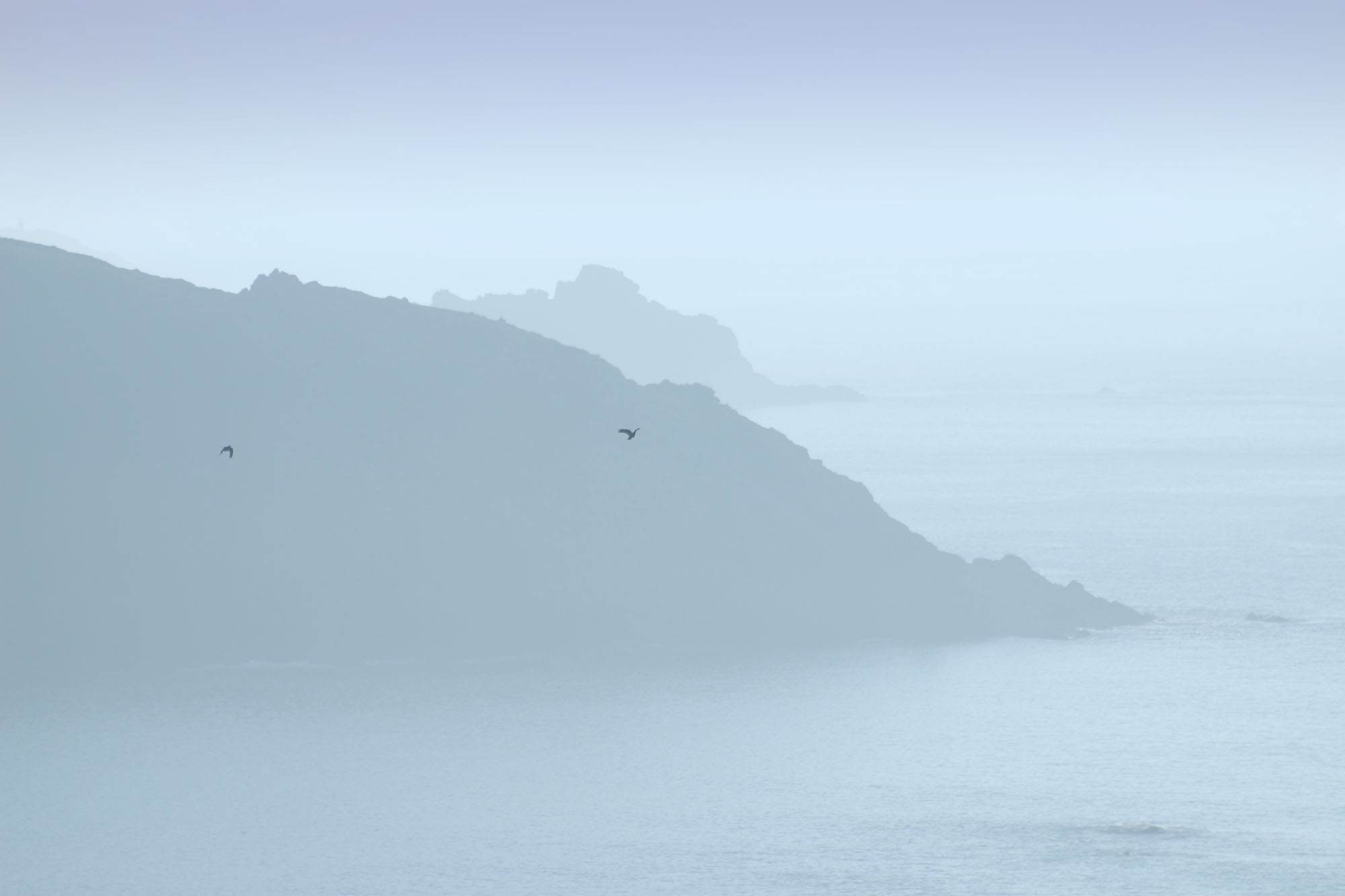To celebrate the 35th birthday we thought we would take a look back in time…
In 1987 Operation Chough was officially launched. Much work with Red-billed Choughs had been done at Paradise Park and the Tropical Bird Gardens, Padstow (now closed), before this time. Paradise Park’s founder, Mike Reynolds, became very interested in choughs and the first birds came to the Park in 1973. They were captive bred and originally from Welsh stock. This date was very sadly also the time when the last wild birds from the original Cornish population disappeared after decades of decline.
Much of the early work at Paradise Park involved developing breeding methods and improving aviary and nest box designs. Although we preferred to have parent-reared chicks, this also involved hand-rearing some, which proved to be extremely difficult, but some successes were achieved.
Nest boxes were fitted with inspection hatches and cameras to monitor eggs and chicks – this proved to be invaluable.
We produced a ‘Red-billed chough captive management and husbandry manual’ and a version of this was published in Zoo Biology with lead author Dr Malcolm Burgess.
Back in 1987 we sponsored a five year long study by Richard Meyer on the feasibility of the re-establishment of the chough in Cornwall. As well as researching historic sites in Cornwall, he used chough populations in Wales for much of his research.
A trial release of captive-bred birds took place in 2003 on the north coast of Cornwall.
In 2010 we developed a partnership with the Durrell Wildlife Conservation Trust in Jersey, where Red-billed Choughs had been extinct for over a hundred years.
Initially two pairs bred at Paradise Park had been flown to Jersey for the breeding and release project, and by 2013 a total of eleven birds.
Birds bred at Paradise Park and at Jersey Zoo were released over 6 years. Within 2 years they had bred in the wild and now there are 43 birds, about half of them hatched in the wild.
Our focus now is on establishing new release projects in southern England. We are working with partners in Kent (choughs used to live along the white cliffs of Dover), also the Isle of Wight and Hampshire coast. In the long term these have the potential to spread along the coast, join up and re-establish the chough in parts of England where it has been missing for two hundred years.









